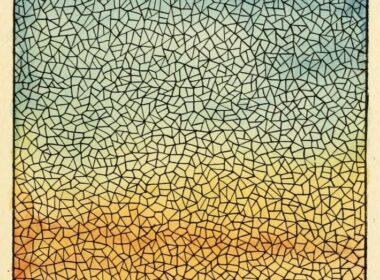Note to Readers
- By Kabir Deb
- 2 Minute Read
Conversations become a big part of our memory. We develop our own worlds using the narrative of other voices. Their opinions and perspectives free our restricted minds. An absolution takes place and we, along with them, traverse in the dimensions they create. Valuable conversations consist of elements which make us revisit the times we usually left because of our conditioned ignorance. At the same time, we come across their versions of our truth. Memory does not fade when we converse about something we subconsciously think of as a phenomenon of our present time. But, in fact, they are simply giving voice to what we have in our memory. Those voices matter since what we have lived in the past deserve our attention and emotions.
The various subjects that we deal with while conversing with people have always been present in our reality. To experience the many realities of our existence, the reality of memory should be adhered to the conversation that evokes in our lives. In times of crisis, all we have is memory of the times of extreme compassion and unapologetic happiness. Even the bitter memories shape us and we try hard to establish the fundamental pillars of merry moments. It does not have to be loud. A sky of peace after a chaotic rain is enough to make us feel that nothing is static.
In this issue, Usawa Literary Review brings before our readers conversations with people who broaden the arena of human memory. They speak about morality, wisdom, teenage life, inspirations from the past and how the future is only an extension of the present time. This issue of ULR deepens itself to the core of human consciousness to understand how we have been thriving through memory, knowingly or unknowingly. An ode to human minds, a preface of the story we know as life.





